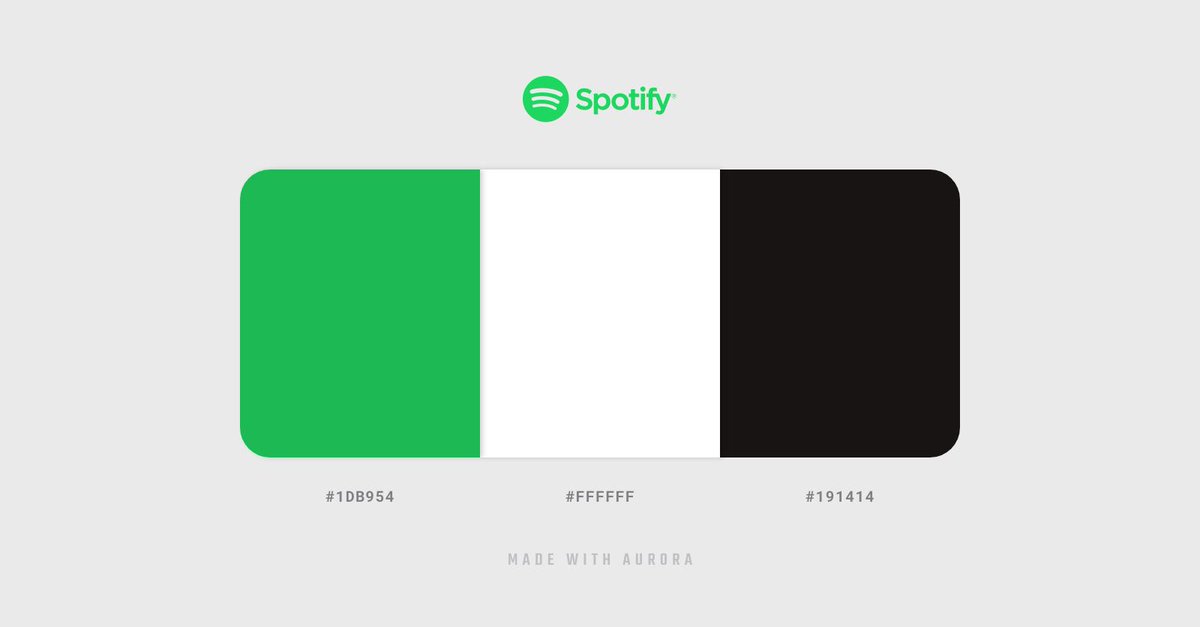
They looked at the entire streaming history of every user, grouped their music into “micro-genres,” and mapped them across time. Earlier this year, researchers there built a model based on a dataset of 100,000 Spotify users who were continuously active from 2016 to 2020. To stay ahead of our changing preferences, and keep their recommendations fresh, Spotify also needs to be able to understand how what we like can evolve over time. Internal studies have shown that active users with more diverse listening habits were “25 percentage points more likely to convert from Free to Premium than those with less diversity in their music consumption.” Of course, Spotify has its own financial reasons for wanting to diversify its users’ taste palette. Diving deep into the makeup of your perfect playlist

Unsurprisingly, people who identified as “open to new experiences” checked out Discover Weekly more those who identified them as extroverts listened more to playlists that other people had created, while those who identified as introverts preferred to delve into a newly discovered artist’s discography. In a blog post, the researchers noted that there appeared to be some correlations between personality and music genre preference. Spotify has even been testing a neural network called CoSeRNN that weighs certain features such as past listening history and current context to suggest song recommendations that suit the moment.Īs for testing whether music mirrors certain human characteristics, they published results from a small survey-based study last December to see how music preference matched up to certain personality traits.


Plus, a new feature called “enhance” allows you to retrieve recommendations within a playlist you’ve already created, and just this week, Stål said in a video presentation that the team at Spotify was considering an approach that employed a human editor alongside the machine learning algorithm to create audio experiences that could maybe mix and match songs with podcasts and others.


 0 kommentar(er)
0 kommentar(er)
